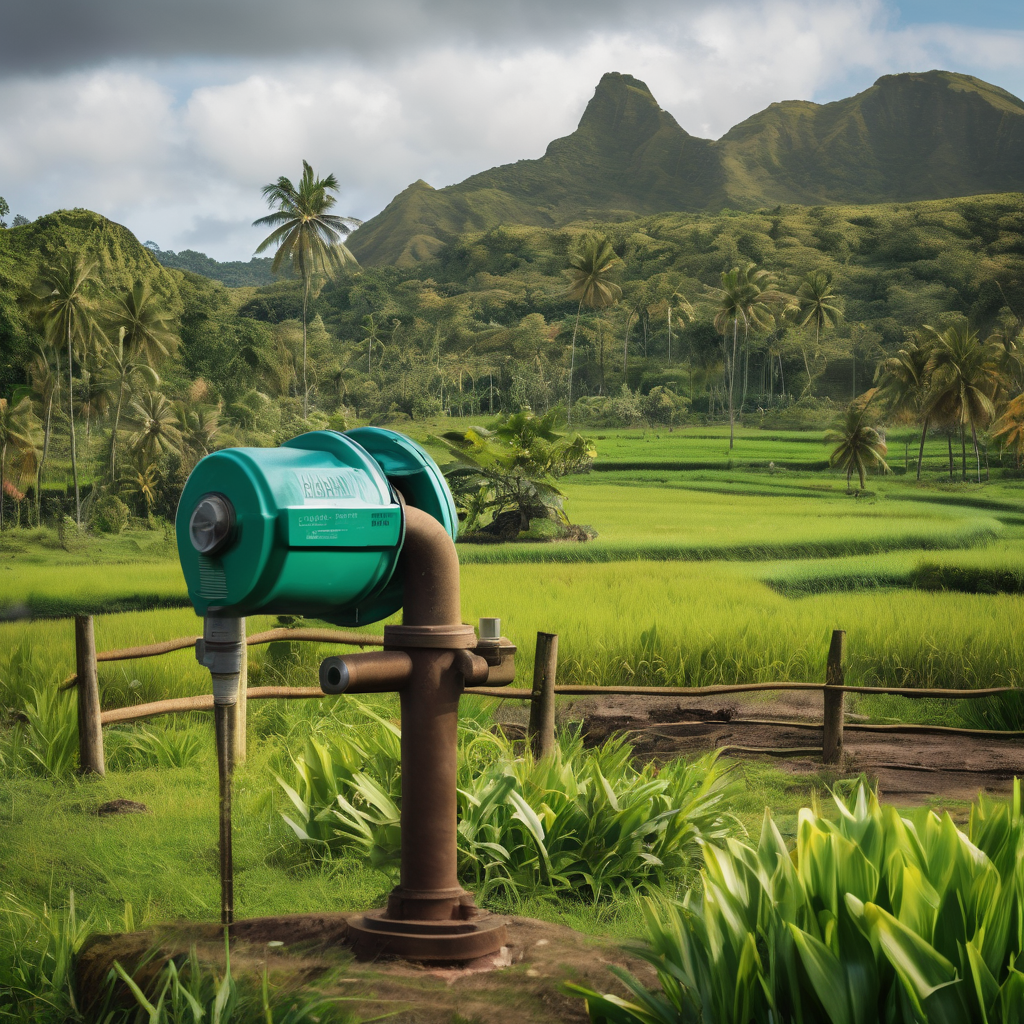Fiji is facing significant challenges in providing safe drinking water and sanitation, particularly in rural areas. According to UNICEF Representative Roshni Basu, only 42% of the population has access to safe drinking water, a figure that drops to a troubling 27% in rural communities. These deficiencies not only threaten health and dignity but also violate fundamental human rights, especially impacting children and residents of remote islands.
Despite these difficulties, Fiji is making progress towards achieving Sustainable Development Goal 6, focused on ensuring the availability and sustainable management of water and sanitation for all. UNICEF highlights the urgent need to bridge existing gaps in access. At a recent workshop, Basu emphasized the need for innovative ideas to address sanitation challenges, referencing the importance of the Rural Water Supply and Sanitation Master Plan.
The Minister for Public Works, Ro Filipe Tuisawau, reiterated the government’s dedication to implementing sustainable and climate-resilient solutions tailored to rural populations. He acknowledged the lack of reliable access to safe water for many citizens and stressed the necessity for robust infrastructure development to correct past planning and execution failures.
The ministry’s plans not only aim to enhance existing water systems but also to introduce new strategies for partnering with underserved communities. Tuisawau pointed out the direct connection between poor sanitation practices and public health, highlighting that inadequate sanitation contributes to the spread of waterborne diseases. This comprehensive approach seeks to improve both water access and sanitation facilities concurrently.
Fiji can draw inspiration from previous successful projects, such as the Vusama Water Project, which successfully increased access to clean water for two rural villages. The government’s mission remains clear: to elevate the quality of life for all Fijians, while building resilience against impending challenges from climate change and population growth.
Fiji’s continued efforts to improve water and sanitation infrastructure illustrate a positive trajectory towards ensuring equitable access to essential services for all citizens, particularly those in rural and marginalized areas. This ongoing commitment aims not only to mitigate health risks but also to empower local communities, fostering resilience and paving the way for a more sustainable future.
